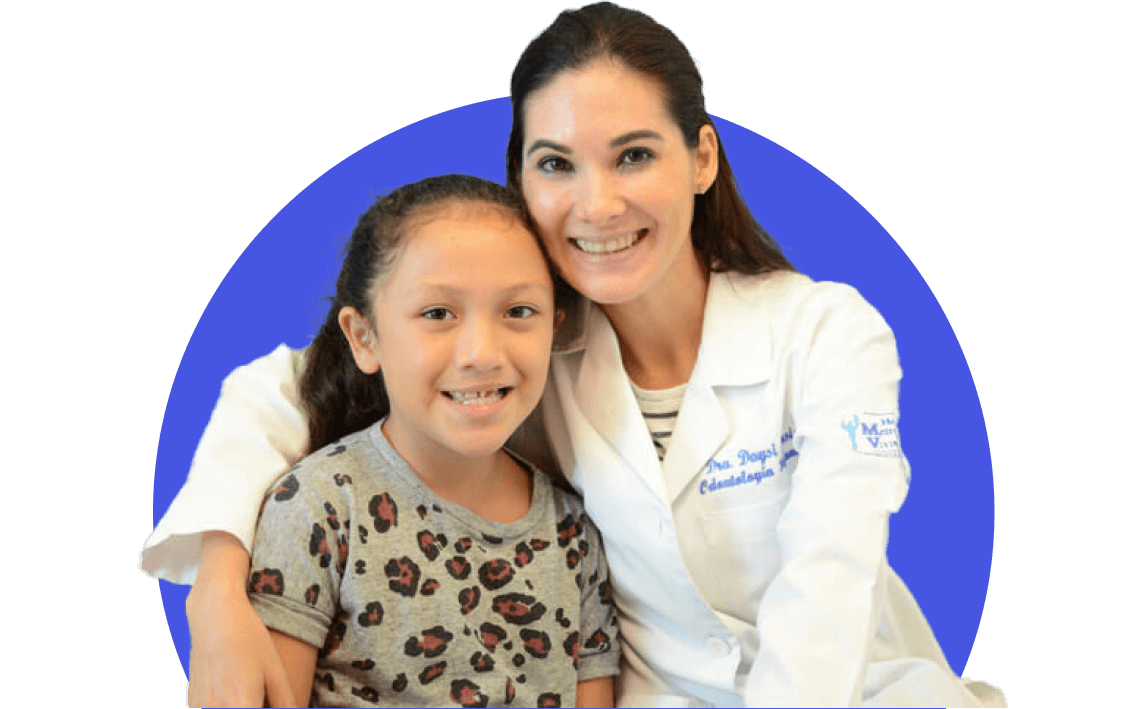Introduction
As stated in its bylaws, the American Cleft Palate Craniofacial Association (“Association”) is organized to stimulate specialist and public interest in, and a more exact knowledge and improved practice of, the science and art of the rehabilitation of persons with cleft lip, cleft palate and other craniofacial differences (hereafter described as “craniofacial differences”). The mission of ACPA is to empower and support cleft and craniofacial healthcare professionals and the patients they serve through research, education, and advocacy. ACPA promotes team care and professional collaboration to ensure the highest quality resources are available to all with craniofacial differences throughout their healthcare journey.
Membership in the association is open to individuals of all disciplines interested in craniofacial differences. Ethical behavior is expected of members and teams and is guided by a Code of Ethics. Members and teams are responsible and accountable for their actions and words as well as the public use of their names. Thus they are expected to act in accord with the principles of the Code of Ethics in all contacts with patients, peers, and the general public.
Ethical Principles
The following principles are the aspirational goals which guide the behavior of all individual members and listed teams. These principles are meant to foster exemplary behavior.
I. The primary objective of the members and listed teams is to render appropriate service to all persons who seek care with full respect for human dignity. Members and teams should respect the trust and confidence of patients in their care, rendering to each a full measure of service and dedication.
II. Members and teams should strive to improve patient care through clinical knowledge and skill and must make available to their patients and colleagues the benefits of this knowledge.
III. Members and teams should seek to safeguard their patients from harm.
IV. Members should uphold the dignity and honor of their individual specialty’s professional Code of Ethics and accept its self-imposed disciplines.
V. Members and teams should provide care that is culturally sensitive to all persons, regardless of race, religion, ethnicity, gender, disability, language, or ability to pay. Members and teams should make every effort to find funding or a source of service for financially disadvantaged patients.
VI. Members and teams should respect patient autonomy while exercising sound clinical judgment and skill.
VII. Members and teams should seek or offer outside consultations upon the request of the patient or family in doubtful or difficult cases, or whenever it appears that the quality of service may thereby be enhanced.
VIII. Patient confidentiality should be respected unless members or teams are required to break confidentiality by law.
IX. Members who volunteer in a healthcare capacity outside of their home country should provide only the type of care for which they have training and credentials in their home country.
X. Members and teams should assist the public in obtaining information and services regarding the care and treatment of individuals with craniofacial differences.
XI. Members and teams should honestly and accurately represent their professional qualifications and the services or characteristics of their team to the public and to the association.
XII. Research, clinical presentations, and published articles are to be based on scientific principles and conducted in an ethical manner. Financial interest of any type in the conduct of research is to be clearly stated in publications and presentations.
Ethical Applications
The following are ethical rules for all members and listed teams. A team is expected to function in an ethical manner. The team director is ultimately responsible for the conduct of a team in its relationship to the association.
I. Members should understand all institutional policies, in addition to local, state, and federal laws, and avoid unethical practices, holding the welfare of the patient paramount.
II. Members should be in good standing in their organization of primary certification.
III. Members should be in good standing with their state or national licensing boards.
IV. Members and teams should not engage in inaccurate or dishonest solicitation of patients.
V. Members and teams should provide complete records to other professionals or teams when requested by the patient or family.
VI. Professional advertisements should not be dishonest, false, or misleading either in writing or in photographs and/or video. Members and teams should be able to substantiate material objective claims made in medical photography and/or video, marketing, social media, publications, or presentations.
VII. Photography/video consents must be collected, including consideration for patients’ assent as they age. Patients should be made aware of all possible uses of their image and likeness. Photos/video of an individual should not be altered without permission.
VIII. The Association team listing designation and logo should be used in accordance with ACPA’s branding and usage guidelines.
IX. Members and teams should not pay nor receive a commission for referral of patients and should adhere to ACPA’s policy on antitrust.
X. Disclosure of professionally-related commercial interests and any other interest that may influence decision making is required in communications to patients, the public, and to colleagues. Patients should not be exploited in any manner when a member has a financial interest in a commercial venture.
XI. The source(s) of research funding must be acknowledged in presentations and publications.
XII. Members should not be involved in misrepresentation, unethical behavior, or fraud in research, publications, and presentations.
XIII. Teams should honestly represent their services in reports to the Association.



